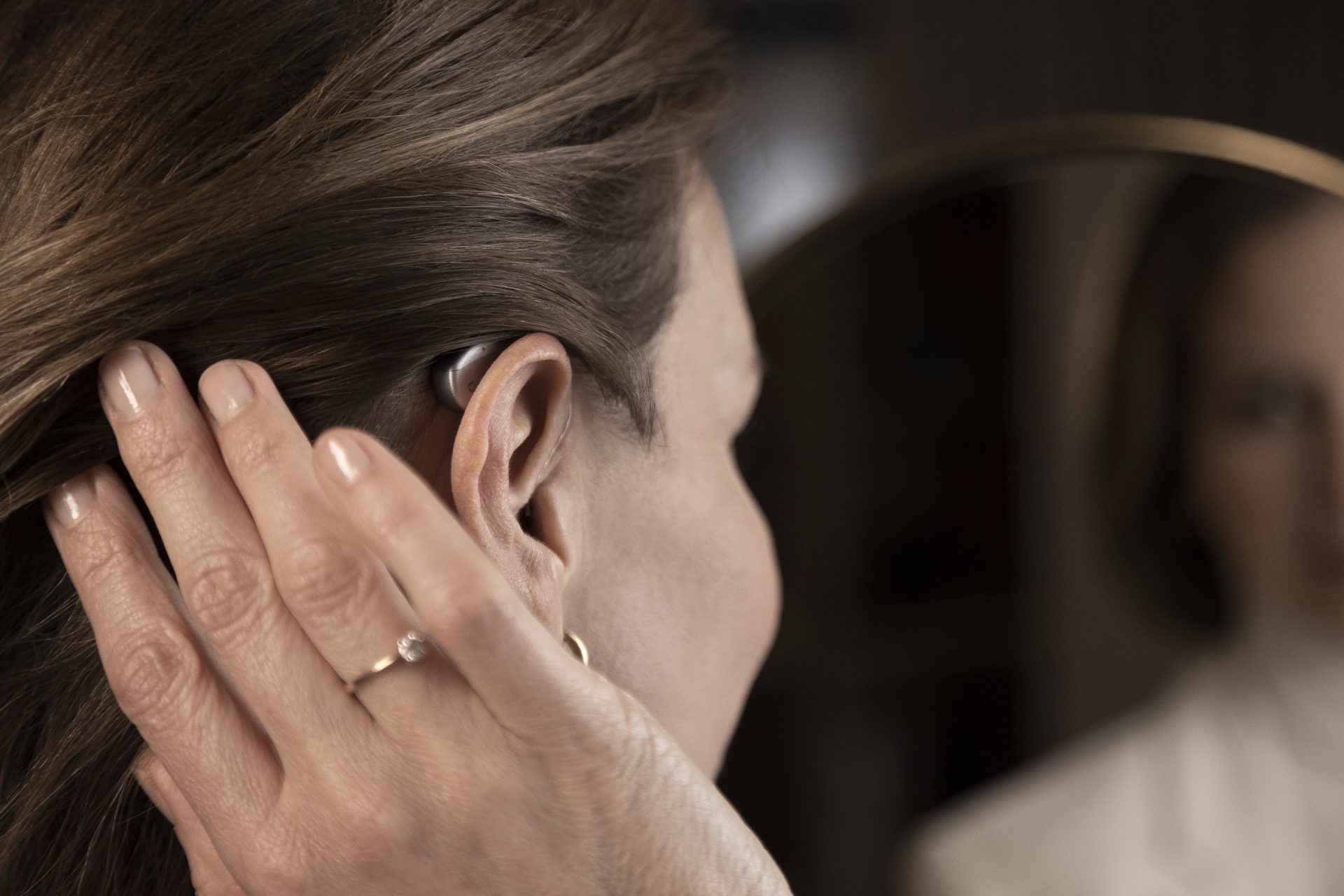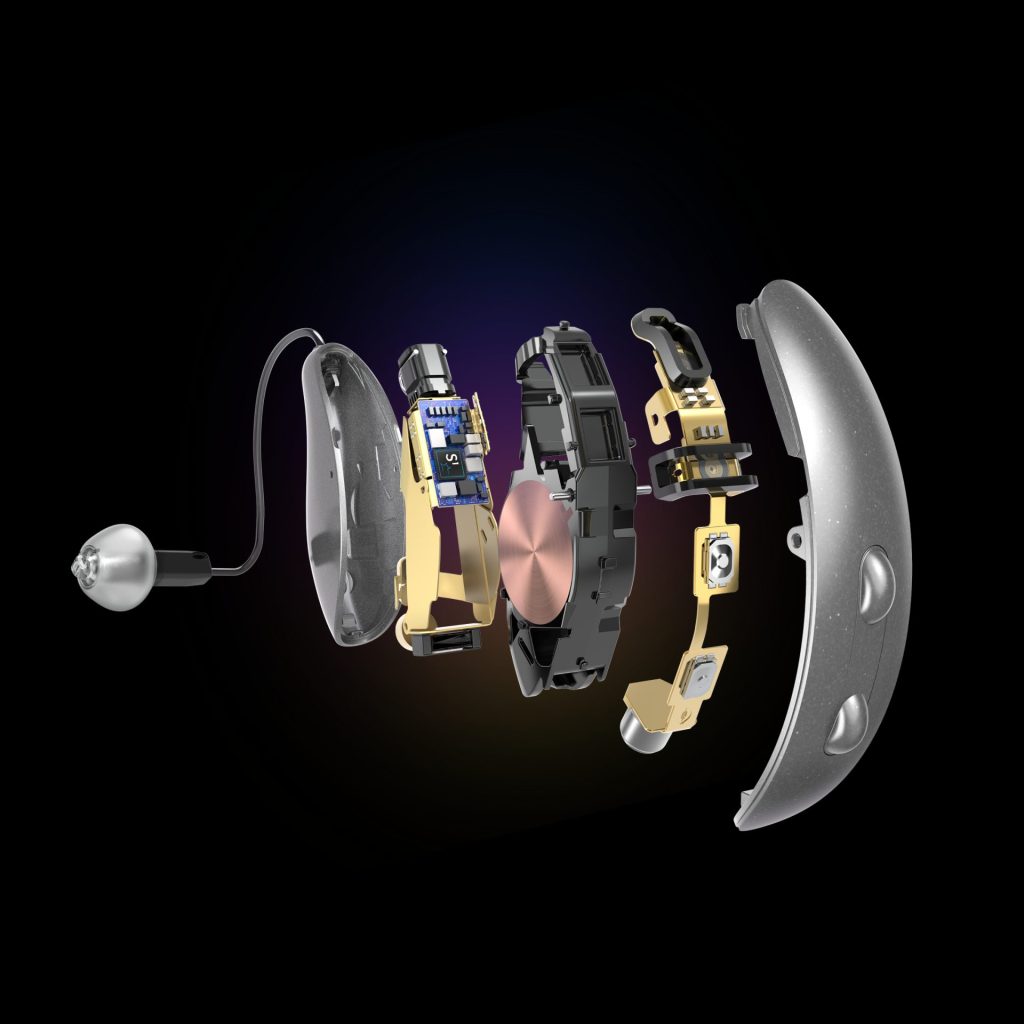
Help Centre
Help Centre: Your Guide to Hearing Aids
Welcome to the Hearing Aids Near Me Help Centre! Here, you can find detailed information on various topics related to hearing aids, including cost, choosing between independent and NHS options, and aftercare. Click on any of the links below to navigate to the relevant section.

Hearing Aid Costs Explained

Step into a world of clarity, where conversations aren’t just words but a lifeline to connection. In this section, we delve into the true price of clear conversations, focusing specifically on the real cost of private hearing aids.
Imagine never having to strain to hear loved ones again, missing out on important moments, or feeling isolated in a room full of people. Private hearing aids offer a solution, but what is their true cost?
We explore the financial implications, comparing the expense of private hearing aids to their value and benefits. But cost goes beyond just pounds and pence. We will also consider the emotional and social impact of hearing loss, shedding light on the hidden costs that may not be immediately apparent.
So, if you or someone you know is grappling with hearing loss and considering private hearing aids, this article is a must-read. Discover the real price of clear conversations and find out whether the investment in private hearing aids is worthwhile.
People often take clear conversations for granted, but for those with hearing loss, the ability to communicate effectively can be a daily struggle. Hearing loss can lead to feelings of isolation, frustration, and even depression. However, private hearing aids have the power to transform the lives of individuals with hearing loss. These devices amplify sounds and provide a clearer listening experience, allowing people to engage in conversations with confidence and ease. Private hearing aids not only improve communication but also restore a sense of belonging and connection to the world.
Private hearing aids come in a variety of types and styles, each designed to meet specific needs and preferences. Here’s a brief overview:
- Behind-the-Ear (BTE) Hearing Aids: These are the most common type and are suitable for individuals with mild to severe hearing loss. They are worn behind the ear and have a tube that connects to a custom earpiece.
- Receiver-in-Canal (RIC) Hearing Aids: Similar to BTE hearing aids but smaller and more discreet. They are less visible and can be more comfortable for some users.
- In-the-Ear (ITE) Hearing Aids: Custom-made to fit the shape of the wearer’s ear. They are suitable for mild to severe hearing loss and are less visible than BTE models.
- Completely-in-Canal (CIC) Hearing Aids: The smallest and most discreet hearing aids, fitting entirely into the ear canal. They are ideal for mild to moderate hearing loss.
Each type of private hearing aid has its own advantages and considerations. It is essential to consult with a hearing healthcare professional to determine the best option for individual needs.
Private hearing aids offer numerous benefits beyond simply improving hearing. These include:
- Enhanced Speech Clarity: Private hearing aids improve the ability to understand conversations even in noisy environments.
- Improved Quality of Life: They enhance cognitive function and reduce the risk of cognitive decline associated with untreated hearing loss.
- Boosted Confidence and Social Interaction: Users often experience increased participation in daily activities and improved social interactions.
The benefits of private hearing aids extend far beyond the ability to hear; they have the power to transform lives.
The cost of private hearing aids can vary significantly depending on several factors:
- Technology Level: Advanced features such as noise reduction, feedback cancellation, and connectivity options can increase the cost.
- Style and Size: Smaller and more discreet hearing aids are generally more expensive.
- Professional Expertise: The expertise and reputation of the hearing healthcare professional, along with any additional services provided, can influence the overall cost.
Understanding these factors can help individuals make an informed decision when considering private hearing aids.
When considering the cost of private hearing aids, it is crucial to look beyond the initial purchase price. The true cost encompasses not only the financial investment but also the long-term benefits and value that private hearing aids provide. Private hearing aids have a lifespan of several years, and when compared to the potential years of improved communication and quality of life, the cost becomes more reasonable. Additionally, private hearing aids may come with warranties, servicing, and follow-up care, adding value and support to the investment.
While the financial cost of private hearing aids is a significant consideration, there are also hidden costs that may not be immediately apparent:
- Maintenance and Ongoing Care: Batteries, cleaning supplies, and regular check-ups can add up over time.
- Professional Adjustments and Programming: Some private hearing aids may require additional costs for professional adjustments.
It is essential to factor in these hidden costs when budgeting for private hearing aids to ensure a comprehensive understanding of the overall investment.
Private hearing aids can be a significant financial commitment, but various financing options can make the purchase more manageable:
- Payment Plans: Many hearing healthcare professionals offer payment plans that allow individuals to spread the cost over several months or years.
- Insurance Coverage: Some private insurance plans or government programmes may provide coverage for hearing aids.
Exploring these options can help individuals find a financing solution that suits their budget and allows them to access the benefits of private hearing aids.
For those seeking affordable private hearing aids, consider the following strategies:
- Compare Prices: Compare prices and options from different hearing healthcare professionals to ensure a fair and competitive price.
- Refurbished or Pre-Owned Models: Explore refurbished or pre-owned hearing aids as a more budget-friendly option.
- Entry-Level Models: Some manufacturers offer entry-level or basic models that are more affordable but still provide essential features.
- Grants or Assistance Programmes: Research any available grants or assistance programmes that can help with the cost.
In conclusion, the true price of clear conversations through private hearing aids extends beyond financial considerations. While the cost can be significant, the benefits in terms of improved communication, quality of life, and emotional well-being are invaluable. By understanding the various factors influencing the cost and considering hidden expenses, individuals can make a more informed decision. With financing options and strategies for finding affordable options, private hearing aids become more accessible, allowing individuals to connect with others and enjoy a fulfilling life.
Why Go Independent?
When it comes to addressing your hearing needs, choosing the right provider is crucial. Independent hearing aid providers offer a range of benefits that prioritise your well-being and satisfaction.
Independent providers offer personalised, attentive care tailored to your specific hearing requirements. Unlike larger corporate entities, independent providers have the flexibility to focus on individual solutions. This ensures that your unique needs are met with a level of care that is often more responsive and detailed.
Independent providers typically offer a diverse selection of hearing aid brands and models. This enables you to choose from a wider range of options, ensuring that you receive a solution that fits both your lifestyle and budget. You are not limited to a single brand’s offerings, which allows for a more customised approach to your hearing needs.
Independent providers are not tied to specific manufacturer incentives or sales targets. This allows them to offer unbiased recommendations based solely on what is best for you. This transparency and integrity in their guidance can provide peace of mind in your decision-making process, ensuring that you receive advice that truly reflects your needs.
Independent providers are dedicated to building lasting relationships with their clients. They offer ongoing support, including follow-up care, adjustments, and maintenance. This commitment to continuous assistance ensures that you receive support long after your initial purchase, fostering a long-term relationship centred around your hearing health.
Independent providers are often deeply rooted in their communities. This local connection fosters a sense of trust and familiarity, leading to a more personalised and empathetic approach to your hearing care. The community focus enhances the overall experience, making it more comfortable and reassuring.
Choosing an independent hearing aid provider means gaining access to a level of personalised care, diverse options, unbiased recommendations, ongoing support, and a strong community connection. These factors collectively set independent providers apart and ensure that your hearing journey receives the attention, care, and consideration it deserves.

NHS vs Private

If you’re experiencing hearing loss and considering your options, you may be wondering whether NHS or private hearing aids are the right choice for you. This section compares and contrasts the two options to help you make an informed decision.
When choosing hearing aids, there are two main options: NHS hearing aids and private hearing aids. Both have their advantages and disadvantages:
- NHS Hearing Aids: Provided free of charge to eligible individuals, NHS hearing aids are a cost-effective option. However, they often come with longer waiting times and may have fewer features compared to private models.
- Private Hearing Aids: These are available for purchase through private providers and often come with a range of advanced features, more personalised fitting, and quicker access. The cost is higher, but many find the additional benefits worth the investment.
Pros:
- No Cost: NHS hearing aids are provided free of charge to eligible patients.
- Standardised Quality: They meet basic quality standards and provide a reliable solution for hearing loss.
- Availability: Access is generally available through local NHS services.
Cons:
- Limited Choice: There may be fewer styles and features available compared to private options.
- Longer Waiting Times: The process to receive an NHS hearing aid can involve longer waiting periods.
- Less Personalised: Fittings and adjustments may not be as tailored to individual needs.
Pros:
- Advanced Features: Private hearing aids often come with the latest technology, such as advanced noise reduction and connectivity options.
- Customisation: More options for personalisation to meet specific hearing needs and preferences.
- Quicker Access: Reduced waiting times and the ability to receive care more promptly.
Cons:
- Higher Cost: Private hearing aids can be significantly more expensive.
- Potential for Additional Charges: There may be extra costs for follow-up care, maintenance, or accessories.
Selecting between NHS and private hearing aids depends on various factors, including your budget, the level of technology you desire, and how quickly you need access to hearing aids. If you value advanced features and personalised care, private hearing aids might be the better choice. On the other hand, if cost is a primary concern and you’re willing to wait for standard services, NHS hearing aids are a valuable option.
Aftercare
Once you have your hearing aids, proper aftercare is essential for maintaining their performance and longevity. This section outlines the key aspects of aftercare to ensure your hearing aids continue to function optimally.
To keep your hearing aids in top condition, regular cleaning and maintenance are crucial. This includes:
- Daily Cleaning: Wipe the exterior with a soft, dry cloth to remove any moisture or debris.
- Weekly Checks: Use a hearing aid brush or soft pick to clear away any wax or dirt from the microphone and speaker areas.
- Battery Care: Replace batteries as needed and store them properly to prevent leakage and damage.
Periodic professional servicing ensures that your hearing aids are functioning correctly and provides an opportunity for adjustments. Schedule regular check-ups with your hearing care provider to:
- Check Functionality: Ensure all components are working properly.
- Adjust Settings: Fine-tune settings based on your hearing preferences and needs.
- Update Software: If applicable, update any software or firmware to enhance performance.
Sometimes, you may encounter issues with your hearing aids. Common problems include:
- Feedback or Whistling: This could indicate a poor fit or earwax blockage. Check the fit and clean your hearing aids thoroughly.
- Distorted Sound: If the sound quality is off, it may be due to dirt or a low battery. Clean the device and replace the battery if necessary.
- Battery Life: Short battery life might indicate a problem with the battery compartment or the batteries themselves.
If your hearing aids need repair, contact your hearing care provider. They can assess the problem and provide necessary repairs or replacements. Some common repairs include:
- Broken Components: Repair or replacement of damaged parts such as the receiver or microphone.
- Moisture Damage: Drying out or repairing hearing aids affected by moisture.
Effective aftercare ensures that your hearing aids continue to deliver clear and reliable sound. Regular cleaning, professional servicing, troubleshooting common issues, and addressing repairs promptly will help maintain the performance and longevity of your hearing aids. By investing time in proper aftercare, you can enjoy the full benefits of your hearing aids and improve your overall hearing experience.


Explore our Help Centre for expert advice on hearing aid costs, options, and essential aftercare.
Address
Unit 19/20 Shire Hall Business Centre, Market Street, Stafford, ST16 2LD
Contact
Phone: 07868131672
Email: john@hearingaidsnearme.uk
More Links
© 2024 Hearing Aids Near Me

